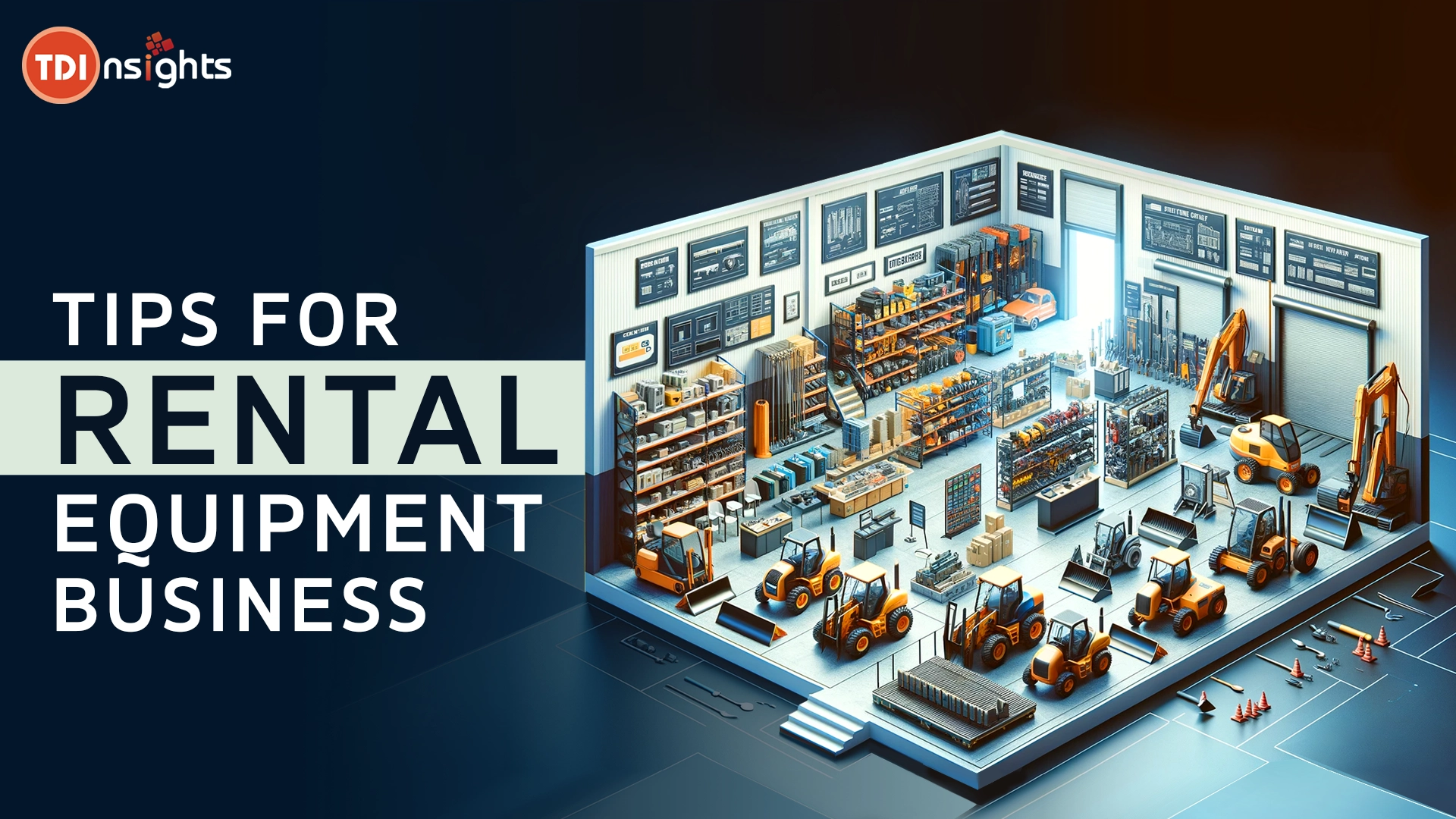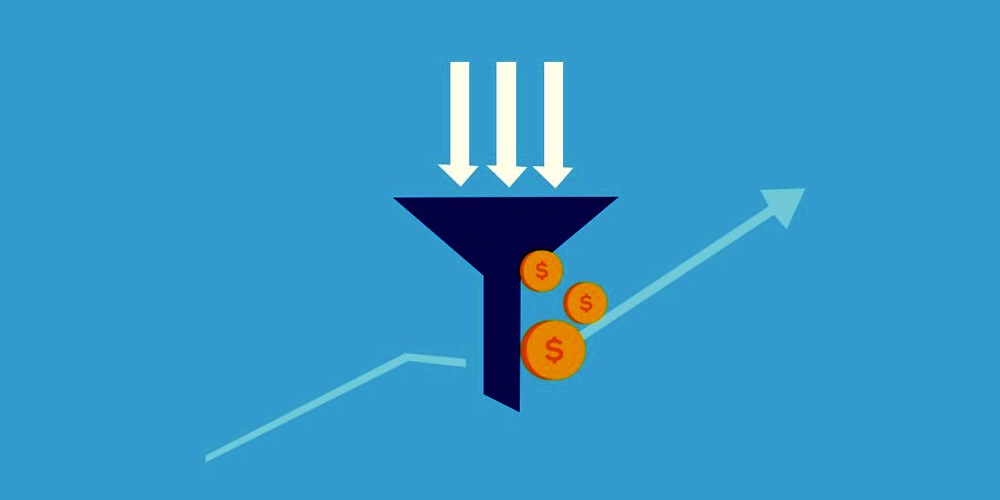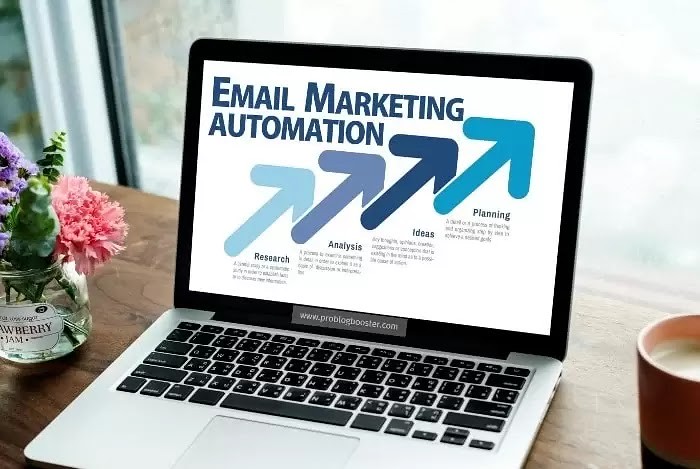Rental equipment businesses lease different equipment to their customers for a specific period. The revenue for the organization is generated through rental fees and services like maintenance and delivery.
Many rental equipment businesses initiate an idea of taxing work routines, but they can be profitable with the appropriate strategies. The businesses can be demanding as rental equipment ventures have to take care of insurance liabilities, maintain equipment availability and existing rough competition, and still meet customer expectations by providing service availability, time delivery, accurate invoicing, a properly designed application, etc.
So, let’s learn what an existing or new rental equipment business can do to knock out all the market odds.
Table of Contents
Here is a List of Things Required to Start a Successful Rental Equipment Business:
- Research about the local rental market to pinpoint a profitable niche for your business.
- Learn about existing rental companies and the rental equipment offered by the company.
- Refrain from overspending by estimating the required rental equipment.
- Maintain a minimum inventory when you start your business, and enlarge it as it expands.
- Provide top-quality equipment.
- Avoid investing in cost-saving offers to choose cheaper alternatives.
- Investing in an online presence is crucial, irrespective of the organization’s size.
- Update the website with comprehensive information about your rental equipment business.
- Lastly, to reach potential clients, be available on social media platforms like Facebook and LinkedIn.
10 Tips Modern Rental Equipment Companies Need To Leverage For Running a Successful Business:
1. Let Your Business Be Active 24×7
- Enable access to rental equipment services throughout the day, specifically for clients operating in a different time zone.
- Open up opportunities to collect and process data of prospective clients from all across the globe.
- Incorporate a calendar in your website and your application to simplify the booking process.
2. Rental Business Automation to Reduce Workload
- The rental equipment business has dozens of manual tasks that can be automated with software.
- An automated process will keep you updated about the high-demand products’ availability.
- All the booking information is efficiently curated in one software.
- If the equipment is booked, it sends automatic emails and messages.
- Free up the businesses from tons of paperwork.
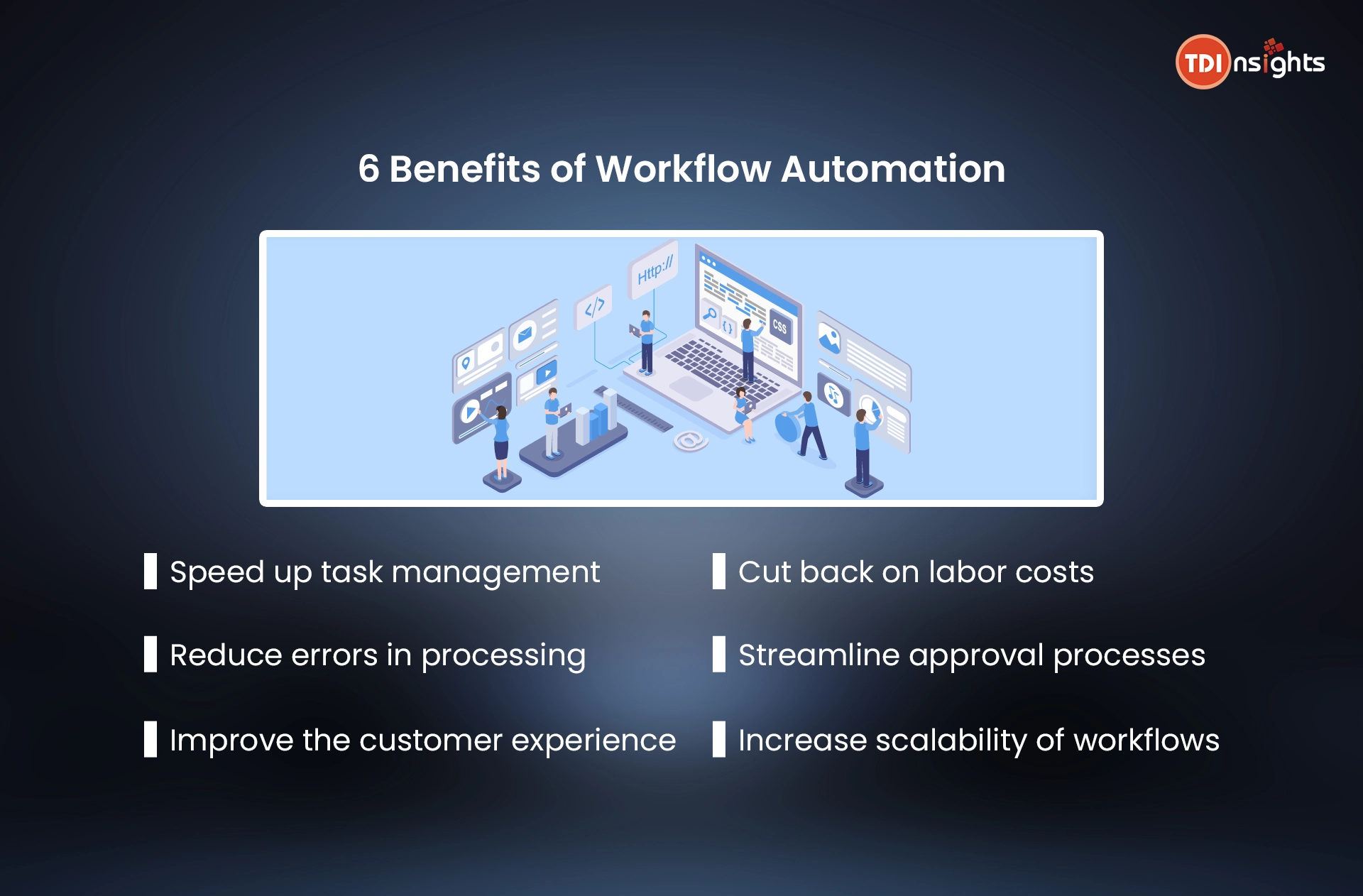
3. Trustworthy, Secure, and Simple Payment Gateway:
- Businesses become trustworthy and secure when they look after the needs and aspirations of their target audience. In the present times, a swift payment gateway is what clients look forward to.
- Safe booking and automated payment processes consequentially reduce the workload.
- A payment gateway with multiple payment options serves a vast target audience. Different sectors of businesses will be reaching out for rental equipment, and their preferred payment method will also differ.
- Online payment software is usually compatible with CRM, accounting, and sales tools.
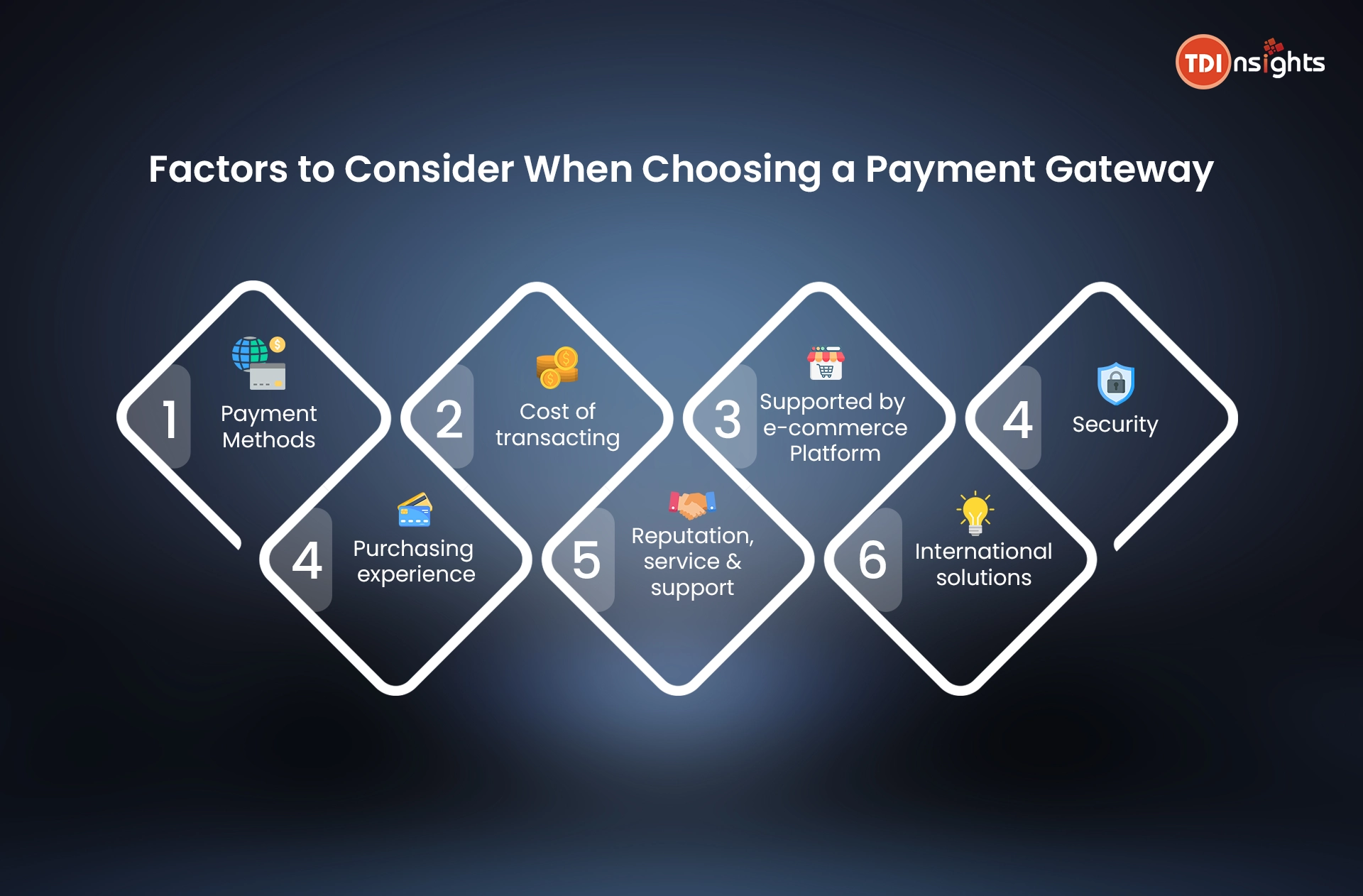
4. Access Client Information through a Centralized System:
- Your business has to focus on building strong client relationships for channeling loyalty.
- Emphasize structuring and managing client data for effective marketing.
- Utilize equipment booking software, emails, booking details, and client information.
- A centralized system to manage client information is the best resource in the business, as it makes the data easily accessible and structured.
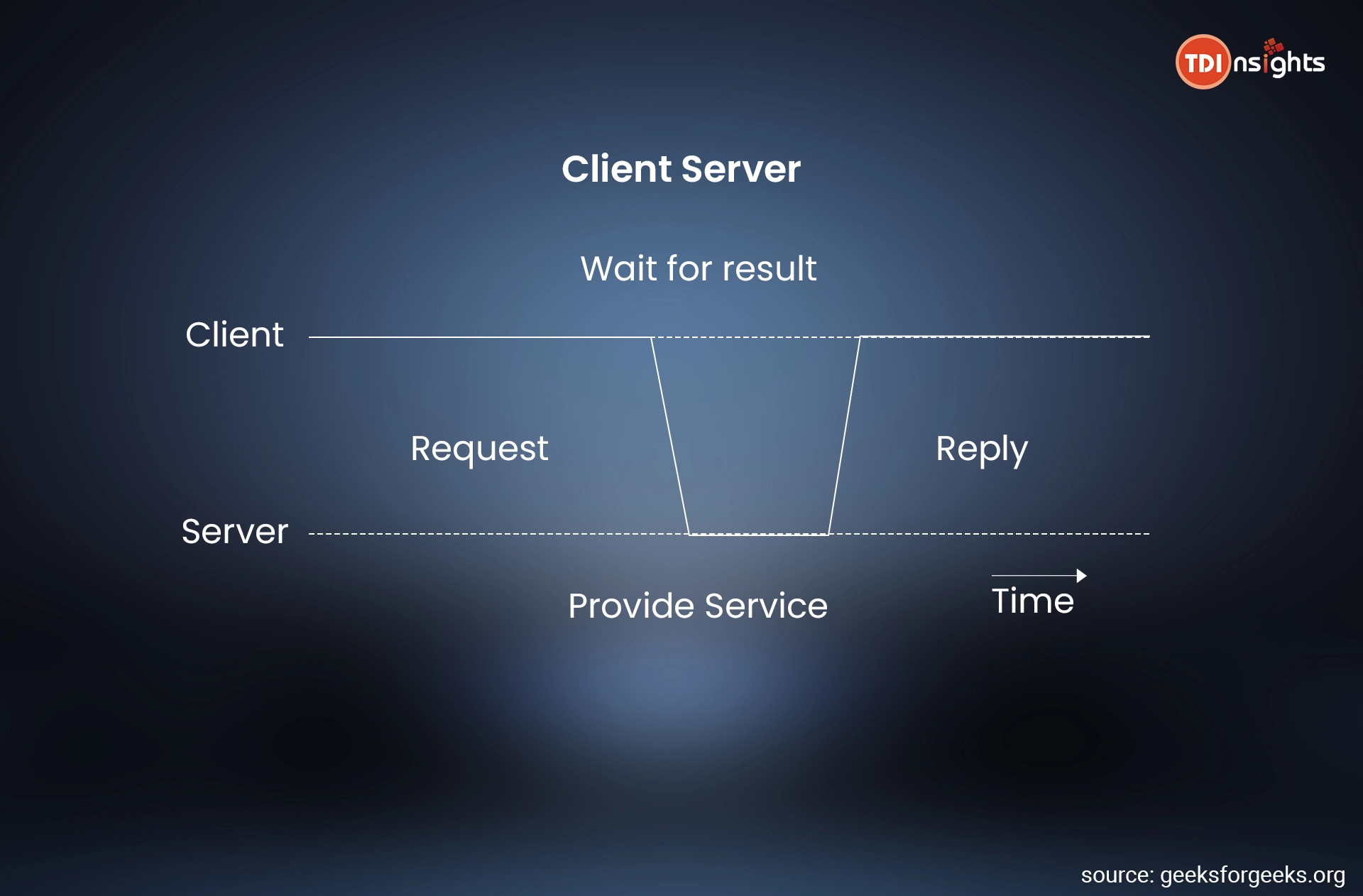
5. Diminished Risk of Equipment Theft:
- Rental equipment businesses are at a greater risk of theft and unexpected losses.
- Valuable assets stolen can result in decreased productivity, service delays, and damage your brand’s image by hampering user satisfaction.
- Regular equipment tracking is of utmost importance to protect the company’s reputation.
6. GPS Tracking System for Equipment Management:
- Optimized logistics that are GPS-integrated enhance your business efficiency and user satisfaction.
- GPS helps track the delivery of rental equipment.
- It constantly shares convenient locations through push notifications or SMS.
- GPS tracking of rental equipment enables a smooth supply chain management process.
7. Appropriate Pricing For Rental Equipment Business:
- It is best to have competitive pricing that attracts clients while ensuring a reasonable profit margin.
- Please consider equipment age, availability, and condition while assigning a price.
- Considering a market analysis gives you an idea about average rental rates.
- Incentivize the pricing strategy in cases where the client rents the equipment for a longer duration.
- Discounted amounts for long periods of equipment rental will optimize the utilization rates.
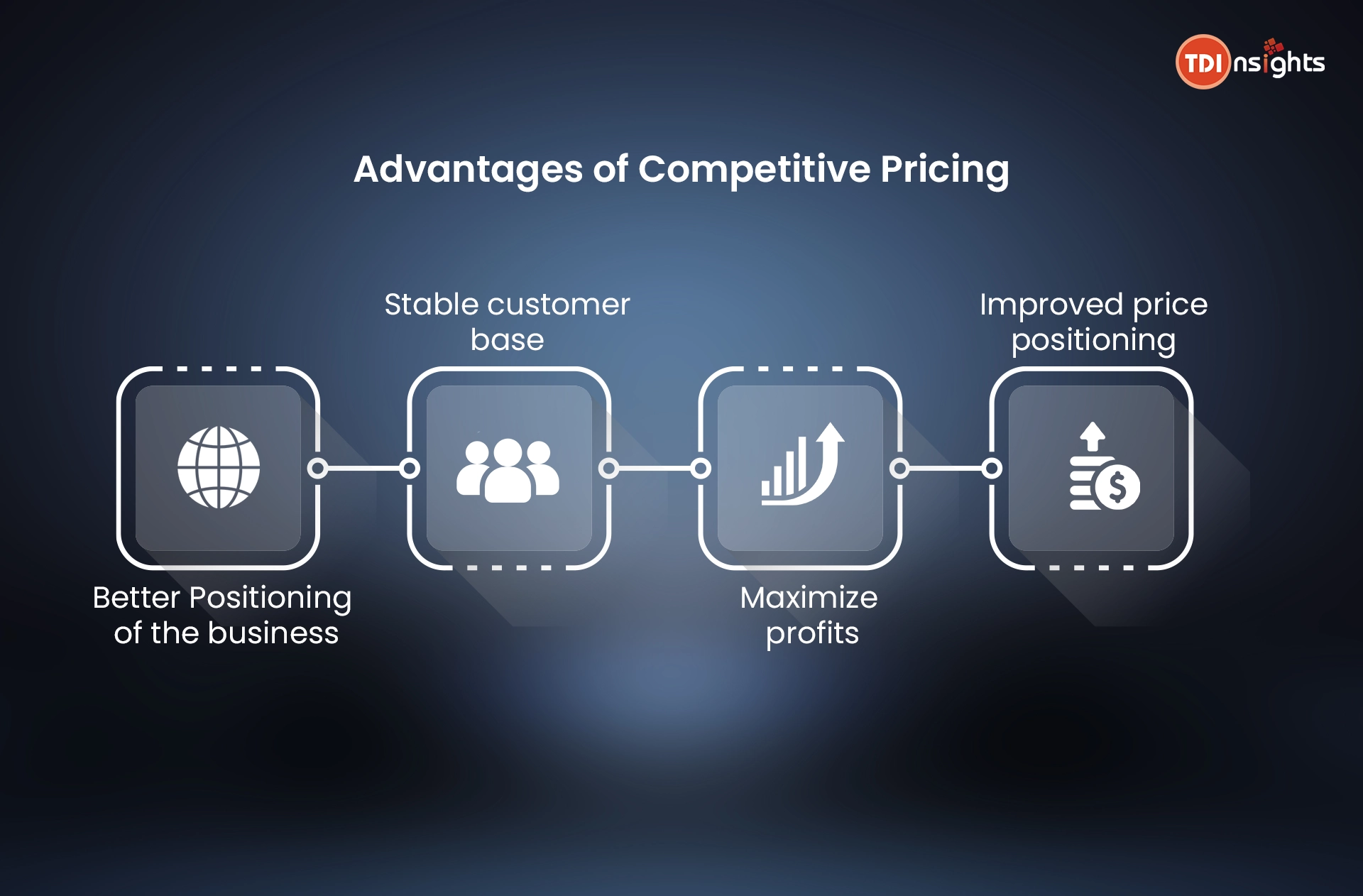
8. Strategize Equipment Selection:
- Businesses must choose high-demand equipment that aligns with the target audience’s requirements.
- Thorough market research is needed to determine the most sought-after equipment businesses are looking for.
- While investing in equipment, you must consider the equipment’s acquisition, maintenance, and depreciation costs.
- Strategize accessing the equipment condition at regular intervals by narrowing the areas of maintenance and repair.
- After selecting the right equipment, the business should start strategizing the maintenance procedure as it expands the equipment’s lifespan, reduces downtime, attracts more customers, and leads to higher profitability.
9. Embrace Inventory Management:
- With under-utilized equipment, businesses can reduce the holding cost or sell the product together, increasing profitability.
- Every rental equipment business needs a real-time tracker for equipment location, availability, and condition.
- Analyzing the inventory regularly is crucial to keep track of under-utilized equipment.
- Adding more units to high-demand products will assist businesses in meeting the high demand in the industry and maximize the number of business opportunities.
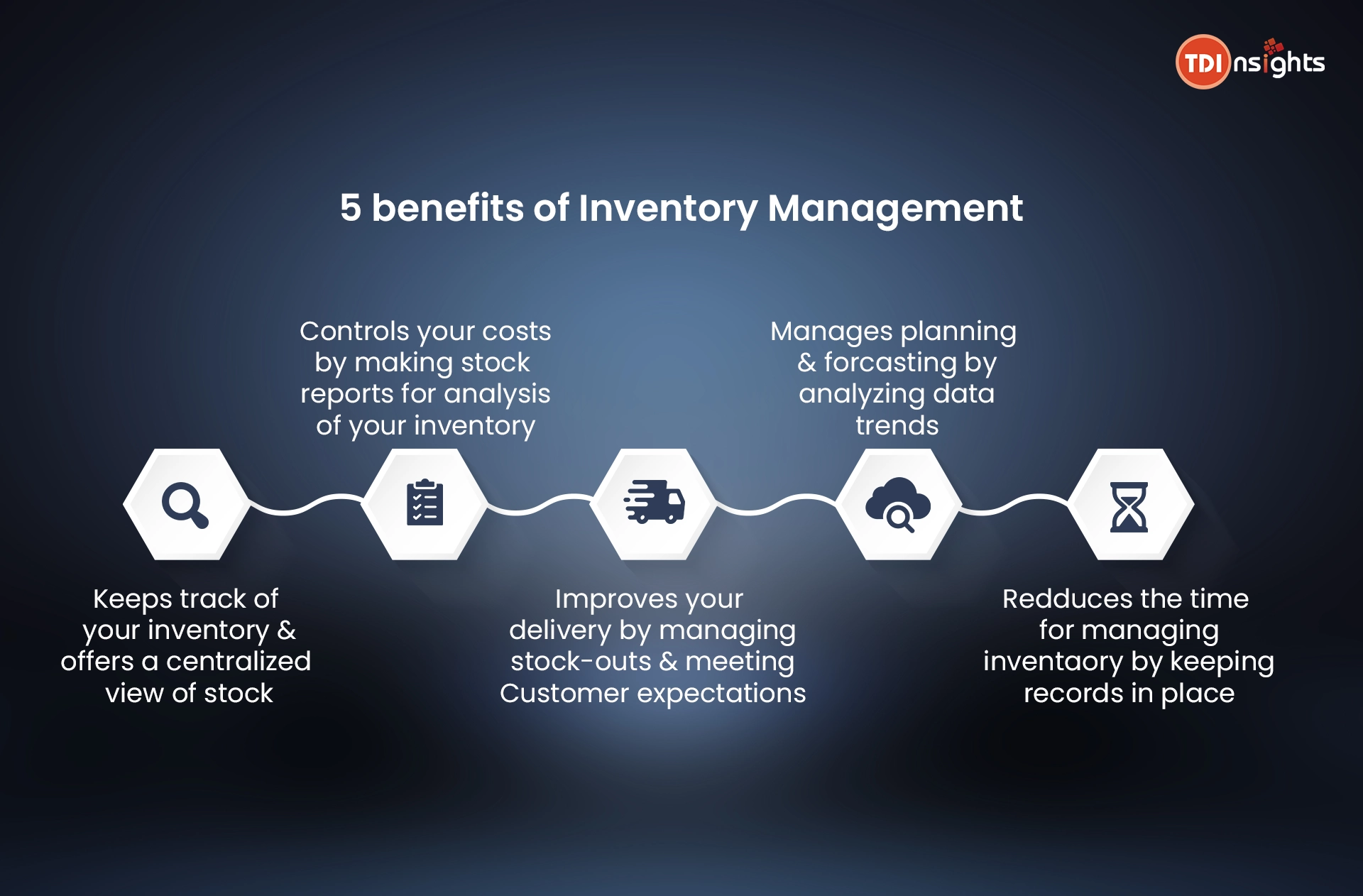
10. Streamline Business Procedure For Expediting Business Growth:
- Get rental management software for the automation of several tasks, such as invoicing, contract, equipment tracking, and reservation
- A streamlined process quickly identifies bottlenecks and areas that need to be worked on.
- To follow best practices, rental businesses should streamline equipment maintenance and repair processes, which eventually helps them meet client expectations.
These are a few parameters that a rental equipment business needs to keep in check to experience success in a competitive B2B market.
Apart from all the above parameters, client experience parameters carry considerable weight for the success of any business.
Tips to Provide Excellent Client Experience in the Rental Equipment Business:
- Always prioritize clear and effective communication.
- Cross-check and verify that your employees are well-trained and knowledgeable.
- In case of queries, respond promptly and provide detailed, in-depth instructions.
- Always go the extra mile to exceed your client’s expectations.
- As and when possible, provide flexible rental terms.
- Equipment set-up and on-site support are a few value-added services your rental equipment business can provide to increase brand visibility.
- Regularly seek input from your client for service improvement.
Conclusion:
To summarize, efficient management, strategic planning, and most importantly client-centric approach are required to succeed in a rental equipment business. The company should also maintain its equipment in supreme condition, price its services accordingly, and boost efficiency by leveraging technology and streamlining operations. Lastly, on the same grounds, stay informed about the business trends to propel your rental equipment business toward increased profitability.


